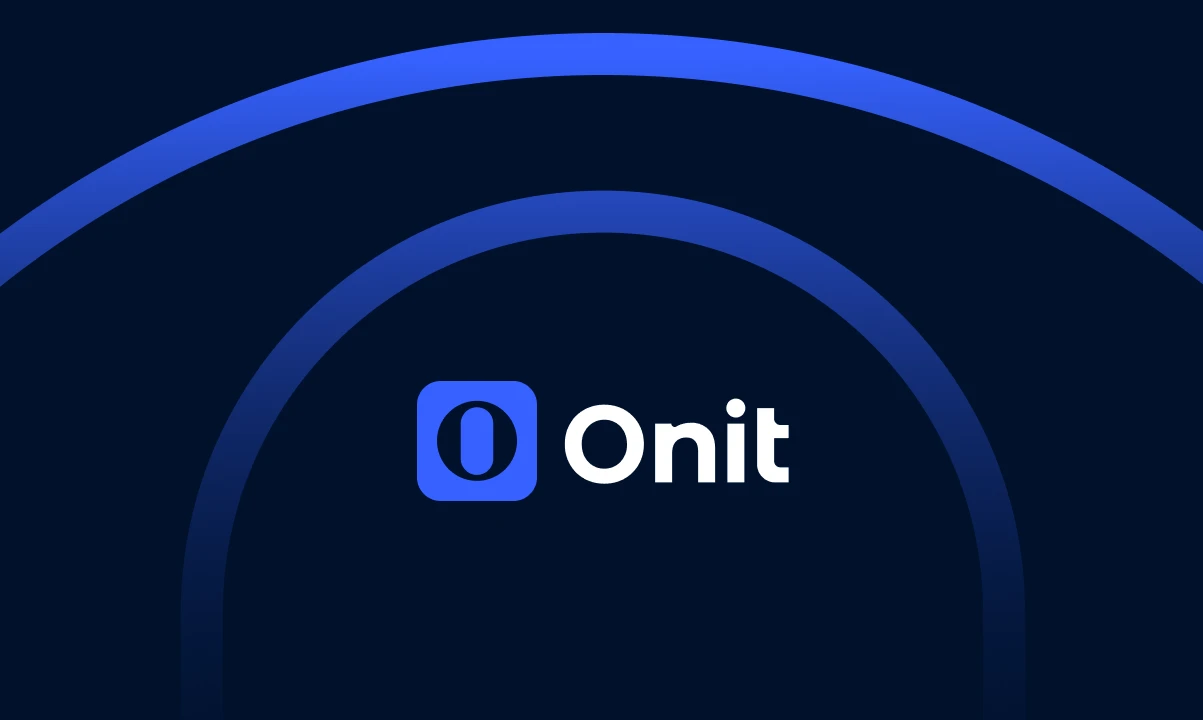Corporations are struggling to migrate into socially enabled organizations but fully recognize the complexities involved with this transition, according to a recent study.
The study, conducted by Oracle, Social Media Today and Leader Networks, complied results gleaned from 900 marketing and technology executives worldwide.
The study defined a “socially enabled enterprise” as:
A set of collaborative processes that have the potential to yield improved business processes that are customer-driven such as a faster time to market with new products and services, more successful research and development outcomes and refined market messages that are explicitly influenced by customer needs.
The study identified a strong adoption of social platforms in polled organizations, with organizations with more than 50,000 employees leading the charge more successfully than smaller companies. A majority of the respondents considered this part of a strategic agenda but also conceded that it would not be a simple transition.
One finding that drew our interest here at Onit included the need for collaborative processes as a basis of a socially enabled enterprise.
Traditionally (and especially in large government agencies or Fortune® 500 corporations), organizations adopt enterprise software to handle tasks that may appear simple but are exponentially more difficult due to a larger number of the tasks of the same nature performed within the organization.
For example, think about a corporation executing a contract. Contracts can come from any number of different departments – Sales with a new customer, Procurement with an inventory order, or any department starting work with a new vendor. Legal must be involved – that’s a no-brainer. But once they begin negotiations, the information is loaded into legal’s enterprise software system which holds updates and notes only the legal department can access.
Any additional clarification, question, or redlines are handled outside the system via email, phone calls, or hallway discussions. This administrative overhead to keep everyone in the loop is too high to make collaboration feasible for every contract. This leaves invested stakeholders unable to access information about the status of a contract or provide valuable input to move it toward completion.
All of this combined makes it difficult for the multiple parties involved – for example sales, legal, and their clients – to easily ascertain an update on progress, the latest version of amended documents, discussions that may be holding up the document and how long overall it is taking overall to finalize the contract.
This is where Smart Process Apps comes in. These process-specific, light-weight apps are adept at handling tasks of this nature while housing all documents and discussions in one easily accessible repository, shepherding the contract through to completion and breaking down all obstacles to collaboration. They make getting a status update on a project as easy as clicking on a link.
Forrester estimates that the market for Smart Process Apps will grow to $35 billion by 2015. Taken into context what they enable and how easily they enable it in a social business, this isn’t a large surprise.
Want to learn more about Smart Process Apps? Read our breakdown at onitprostg.wpengine.com/forrester.



